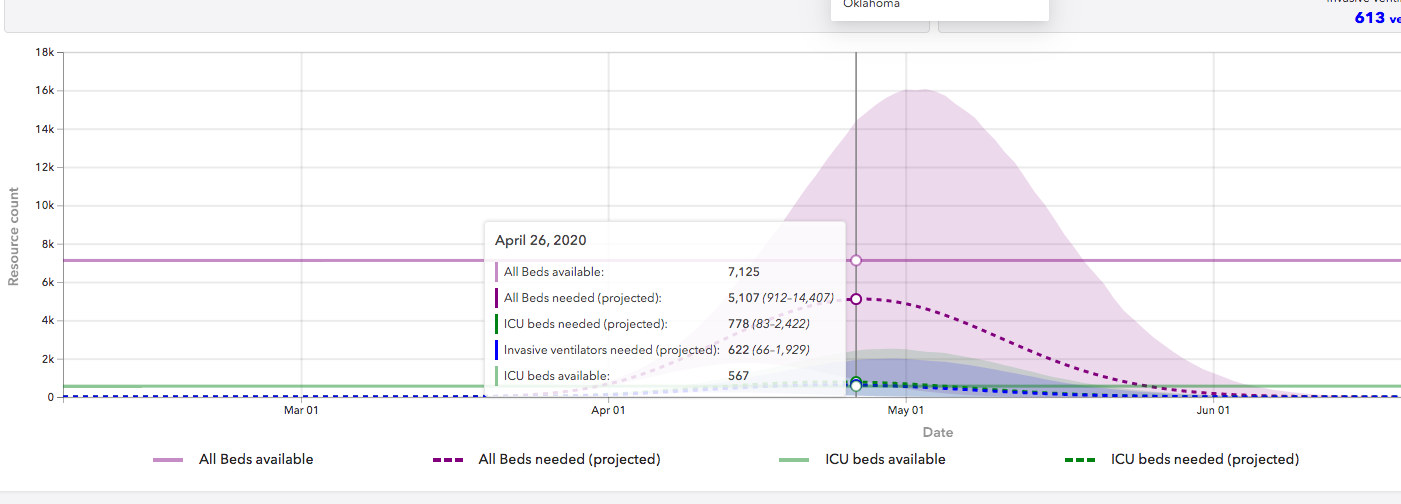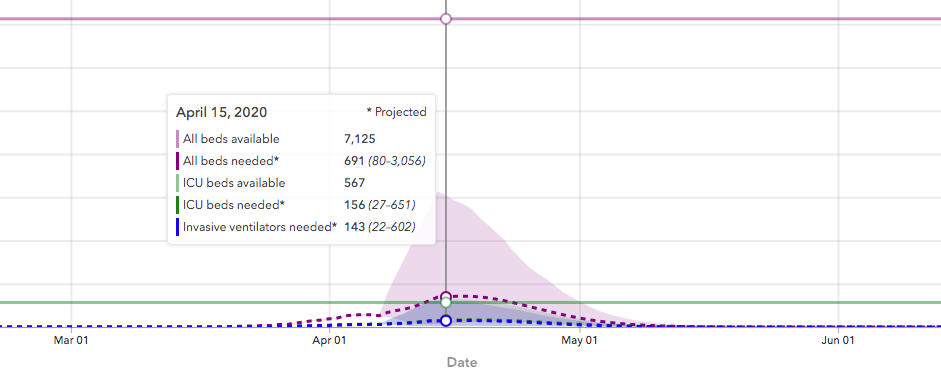Senator Phil Berger has announced the North Carolina General Assembly would fund a random sample antibody study among North Carolinians. In a post on Medium.com, Berger’s Press Shop wrote:
Raleigh, N.C. — An antibody study of a representative sample of the population is actively underway in North Carolina, led by pioneering research from experts at Wake Forest Baptist Health.
In support of the groundbreaking public health research, the legislature is providing $100,000 from its account to Wake Forest University to purchase and mail 1,000 at-home antibody kits to a representative sample of North Carolinians. Wake Forest Baptist Health researchers put some of the kits in the mail today.
The Wake Forest Baptist study is led by Dr. John Sanders and Dr. David Herrington in collaboration with Dr. Michael Runyon and Dr. Michael Gibbs at Atrium Health. They have worked closely with Oracle, Scanwell Health, Javara, and other health systems across the country to develop this surveillance system.
Dr. John Ioannidis, a Stanford epidemiologist, is also a collaborator on the study.
The study will give researchers a better picture of the prevalence of the virus in North Carolina and how many people may have already been infected,
Antibodies can generally be detected in a person’s blood 14 days after the start of symptoms, which means the data collected through this study will be a lagging indicator of the virus’s prevalence in the population. It will provide a much broader understanding of the true hospitalization and fatality rates than presently exists.
Some have criticized the Governor and others in the executive for not releasing much of the data and models they are using to make decisions. Last week, a group of researchers from North Carolina released a statistical model indicating that North Carolina would need to remain shut down through June.
Other models, like the Insitute for Health Metrics and Evaluations (IHME), have changed drastically over the last two weeks.
For example, here is what the IHME model showed for North Carolina on April 1st:

Now compare that to what the model said this morning:

The models continue to change as the assumptions built into the models continue to evolve. There is no doubt that social distancing helped this outlook. However, with so much uncertainty and a much more optimistic trajectory in North Carolina, the random antibody testing will be extremely informative for our state leaders as we turn towards reopening the economy.


